What Exactly Is Insulin Resistance?
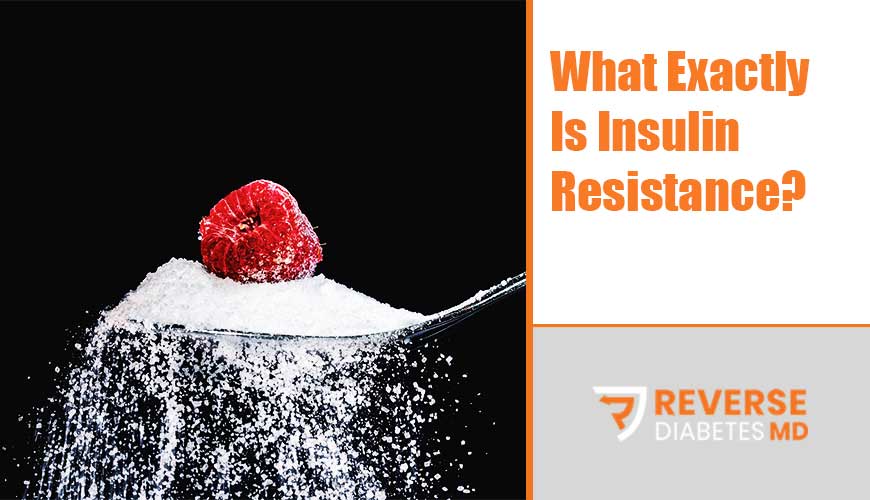
Insulin is a vital hormone that controls the levels of sugar in our bodies. In a nutshell, it removes excess glucose from the blood through a process known as glycogenesis. However, problems with insulin are at the heart of many medical conditions. Insulin resistance occurs when your cells stop responding to insulin. This means that […]
Insulin is a Fat Storage Hormone
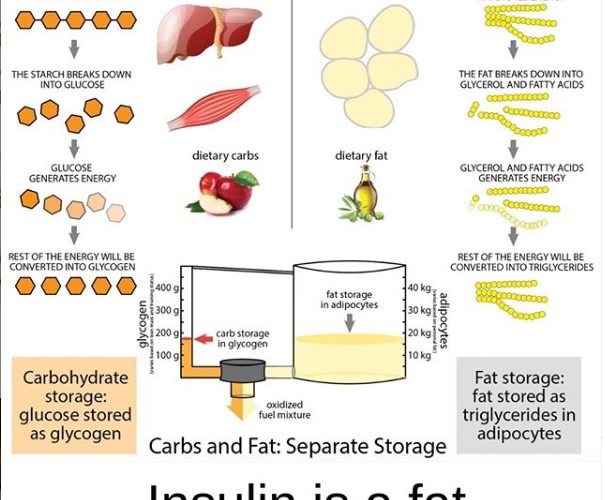
The more insulin you have, the more fat you accumulate. Insulin activates the enzyme hexokinase, which phosphorylates glucose, trapping it within the cell, (and inhibits the activity of glucose-6-phosphatase, preventing phosphorylated glucose from being returned to glucose). Insulin also activates several of the enzymes that are directly involved in glycogen synthesis, including phosphofructokinase and glycogen […]
Prove Me Wrong

In the US, 52.3% of the adult population has either type 2 diabetes or prediabetes. Less than 12.2% of the adult population is metabolically healthy. Six feedings a day are a recipe for insulin resistance. Dietary carbs are only necessary if a person is currently taking diabetes medications associated with the risk for hypoglycemia such […]
The Cheat Day? Keto Diet and Metabolic Flexibility
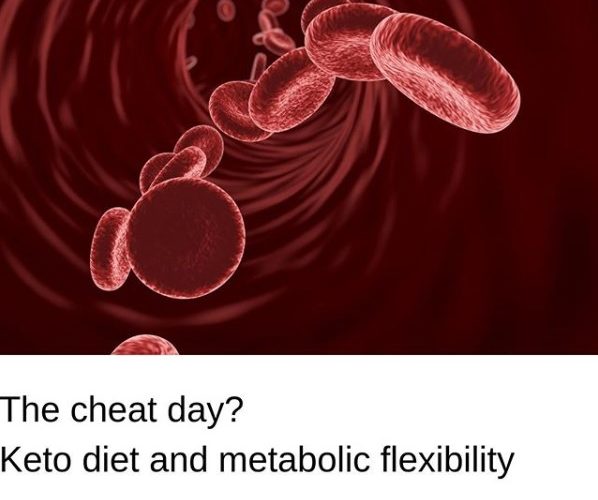
Once the body is in nutritional ketosis, reduced insulin shifts the metabolic pathways to preferentially burn fat stores instead of storing fat stores. This leads to weight loss and can reverse the symptoms of diseases like Type 2 diabetes. Impaired glucose tolerance and type 2 diabetes mellitus are associated with increased risk of cardiovascular disease. […]
Continuum of Type 2 Diabetes Progression
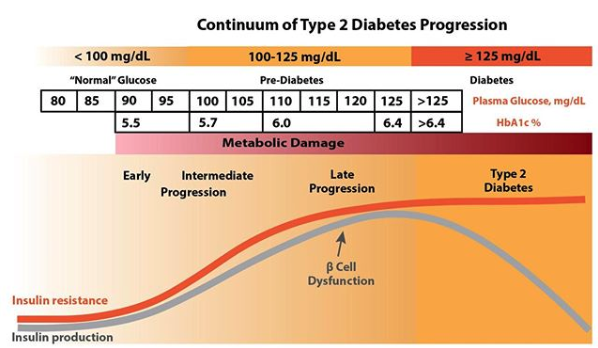
The longer progression to Type 2 Diabetes can be delayed, even if using oral hypoglycemics, the more cost-effective it is. Most physicians wait until someone’s HgBA1C exceeds 6.5, but this is a mistake. The following is a cost analysis of early intervention with metformin, compared to delaying treatment until insulin supplementation is required due to […]
Frequent large spikes in insulin

Our eating patterns can influence insulin production and weight gain, and it’s important to give our bodies time to burn energy from food. Most people eat from the time they wake up until the time they go to bed — typically three main meals, multiple snacks, and often soda in between. This pattern leads to […]
Time-Restricted Feeding
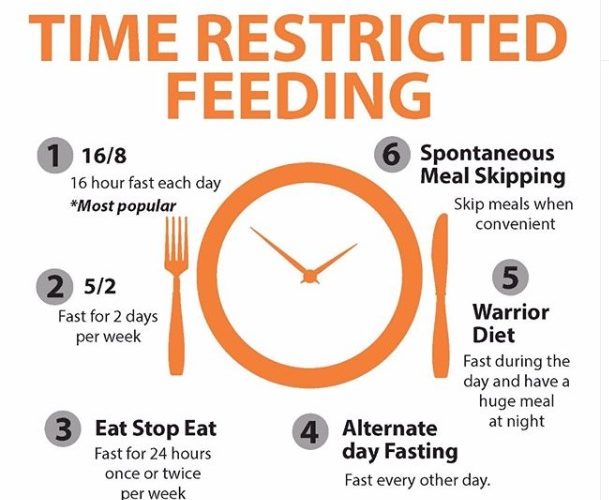
Time-restricted feeding can reduce high insulin levels, which can reverse type 2 diabetes. It’s important to understand some facts about insulin and how it works. First, insulin is fat storage and a growth hormone. It reduces circulating glucose by converting it to glycogen storage first, which then overflows to fat storage. Eating carbohydrates causes insulin […]
Anxiety and Depression
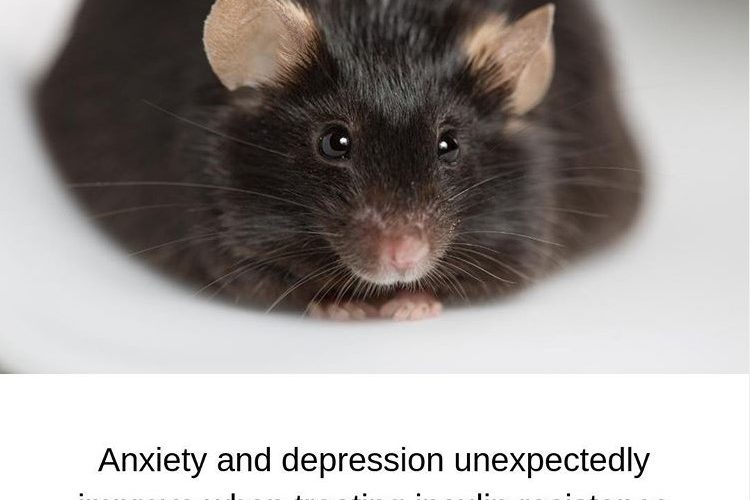
Can anxiety and depression unexpectedly improve when treating insulin resistance with metformin? I am an interventional pain physician in the urban core. More than 90% of my patients with chronic unrelenting pain also have metabolic syndrome with insulin resistance, and more than 90% also have significant anxiety and depression. I had always assumed that the […]
The Secret to Healthy Weight
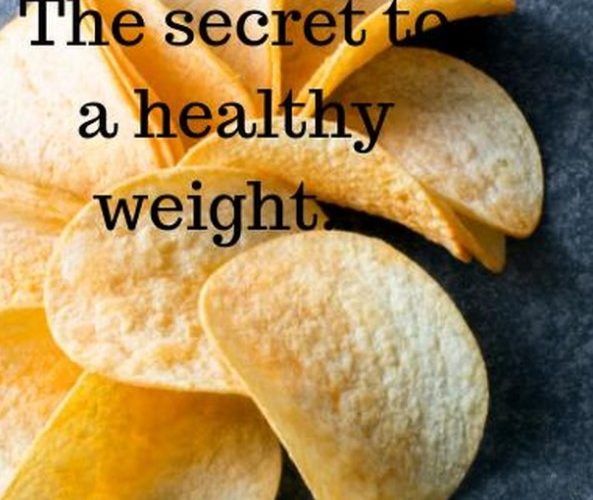
Our weight depends on a variety of factors, but one secret to a healthy weight is found in awareness of the role the hormone insulin plays in fat storage. It is wrongly assumed that consuming excessive calories is the root cause of obesity. However, a calorie of food energy has different metabolic fates depending upon […]
Food Labels Don’t Mean Much to the Individual Patient.
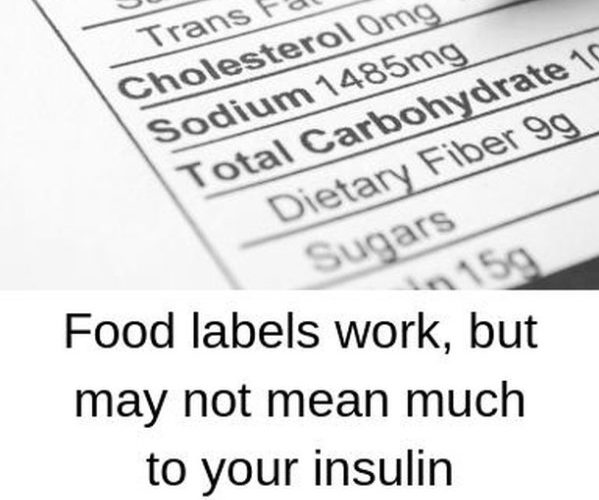
Individuals experience significantly different changes in blood glucose levels (as shown by using a continuous glucose monitor) after eating the same foods. Some patients with normal blood glucose levels experience after-meal glycemic spikes that are in the diabetic range. A person’s gut microbiome more accurately predicts the individual spike in blood glucose after eating than […]
